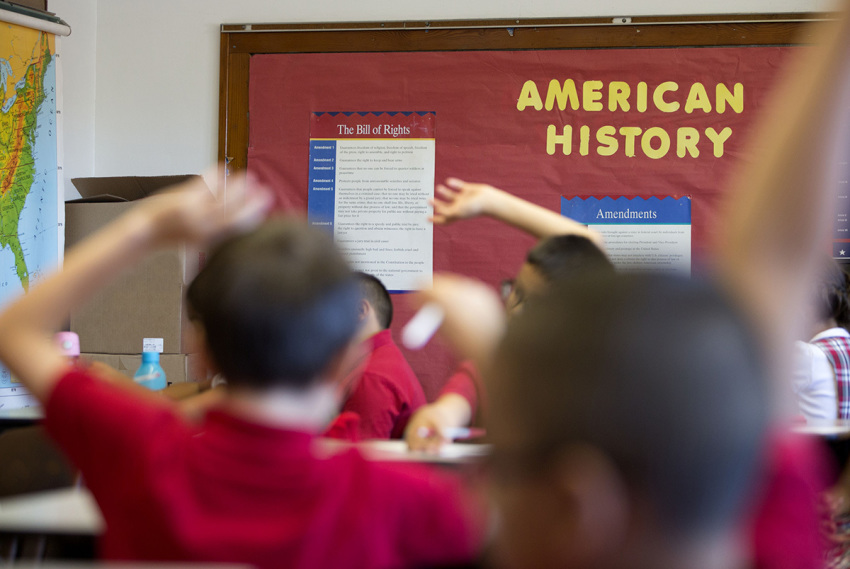'Victory': West Virginia Supreme Court allows students to use scholarship funds for private schools

The West Virginia Supreme Court this week upheld the state’s Hope Scholarship Act, which gives parents money to help pay for private and faith-based schools or homeschool education if they opt to take their children out of public school.
The court reversed a circuit court injunction that blocked the Hope Scholarship Program, which allows eligible students to receive funding that is “equal to 100 percent of the prior year’s statewide average net share aid allotted per pupil based on net enrollment adjusted for state purposes.”
West Virginia Attorney General Patrick Morrisey called the ruling “a tremendous victory for the hard-working families across West Virginia who deserve increased options for their children’s individual educational needs.”
“It has always been my goal to help make our state first in the nation when it comes to educational opportunities for West Virginia’s kids,” Morrisey said in a statement.
He said the victory will make “an incredible difference.”
“I’m proud of our office’s work to defend this important program and the rule of law.”
In July, Judge Joanna Tabit from Kanawha County Circuit Court had struck down the scholarship program, ruling that it violated the state Constitution, and thereby put the applications of an estimated 3,000 families at risk for the 2022 school year, The Washington Times reported.
State Treasurer Riley Moore, chairman of the Hope Scholarship Board, called the program's opponents “out-of-state trial lawyers and liberal activists who are trying to block educational freedom and school choice for the children of our state,” according to Washington Examiner.
Some opponents argue that the program diverts funding away from the public education system, while supporters maintain it helps low-income families by giving them an alternative to public education.
Enrollment in private schools has increased and public school enrollment has declined across the country after the COVID-19 lockdowns.
Between fall 2019 and fall 2020, total public school enrollment dropped 3% nationwide, according to the U.S. Department of Education and the National Center for Education Statistics. And the National Association of Independent Schools found that private schools saw a net growth of 1.7% between 2020 and 2022.
Recent studies ranking the education quality of states have put West Virginia among the lowest in the list, and one study placed the state at the bottom of all 50 states, the Examiner added.
The enactment of the legislation came last year at a time when some public schools faced criticism for the enactment of controversial sex education programs as well as the adoption of anti-Christian philosophies and embrace of the scandal-ridden Black Lives Matter movement.
While school choice advocates cheered the new legislation at the time, the ACLU sent a letter to the West Virginia House of Delegates urging the state’s lower chamber to reject it. The progressive advocacy group contended that the legislation “discriminates against students” because “schools that discriminate” on the basis of “sex, gender identity, disability, and religion — would be eligible to receive funding through the state via the Hope Scholarship accounts.”
Paul Hardesty, president of the West Virginia Board of Education, said in a statement after this week’s verdict that the Board of Education, which had opposed the program, would respect the court’s verdict.
“I am confident this Legislature and this governor will continue to fund public education at adequate levels,” he said, according to Eyewitness News. “It is time for the West Virginia Department of Education to focus on the basics — student achievement with a renewed focus on math, reading, writing and English language arts.”
The Hope Scholarship is available to all students who were “enrolled full-time and attending a public elementary or secondary school program in this state for at least 45 calendar days during an instructional term at the time of application and until an award letter is issued by the board” or are eligible to be enrolled in a kindergarten program in the state.
The funds for a Hope Scholarship must be “placed in a personal education savings account to be used for qualifying education expenses on behalf of the eligible recipient.”



























